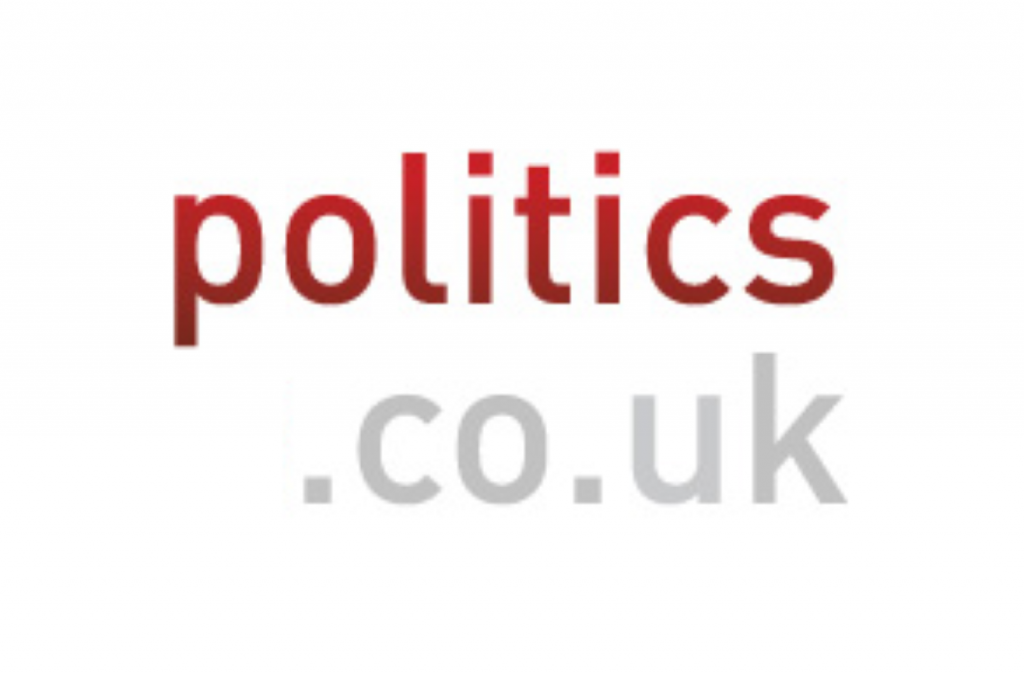Feature: The new face of Conservativism
ConservativeHome has published a survey of Tory candidates in 144 of the 220 most winnable seats. Confidential and exhaustive, the survey offers a fascinating insight into the next generation of Conservative leaders.
By Ian Dunt
If David Cameron’s project to revitalise and modernise the Conservative party has permeated across the party, the first place we’d find its effects would be among the up-and-coming young bloods running for parliament. But today’s intriguing survey results of Conservative parliamentary candidates by ConservativeHome has one major finding: they appear to be firmly to the right of the Cameron agenda. It’s the confidential nature of the survey that makes it so enlightening, because the views come undiluted by the political effects of being spoken out loud.
One example: A couple of weeks ago shadow health secretary Andrew Lansley went on the radio and said there would be ten per cent cuts across the board under a Tory government except for health, education and international development. Health and education are obvious vote losers; you cut them at your peril. But the introduction of international development was a sign that the party was still concerned with shedding its ‘nasty’ image.


But when the parliamentary party candidates (PPCs) were asked which areas they would ring fence against cuts, it came out differently. Only four per cent said they would protect international development, compared to 23 per cent for education, 34 per cent for health and – importantly – 39 per cent for defence.
The defence result is pivotal, especially when you consider a recent YouGov poll, which found defence would be the very first area to face stinging cuts if the public had its way. Fifty-one per cent selected it for cuts, compared to ten per cent for education and six per cent for health.
The same conservative, traditionalist sentiment – reminiscent of the ‘old’ Tory party – is evident in the area of inheritance tax, which a whopping 63 per cent of candidates say is wrong “in principle” and should be abolished altogether. Only 28 per cent of them disagreed.
Attitudes to Europe also have a distinctly ‘old Tory’ feel about them. While only five per cent of PPCs want actual withdrawal, 47 per cent favour a repatriation of powers and 38 per cent a “fundamental renegotiation” of Britain’s relationship with the union. A mere ten per cent favour the status quo.
Eighty-one per cent favour nuclear power, a stance which is strikingly more wholehearted than that adopted by the Tory front bench when Gordon Brown signed up to the idea last year.
But there are areas where we can see a certain traction in Cameron’s clean up operation of the Tory brand, and definite signs of liberalism among the men and women who will invariably be taking up seats in Westminster next year.
The candidates were split evenly on Barack Obama’s election, with 47 per cent saying they would vote for him and 47 per cent saying they wouldn’t. Sixty-two per cent said gay couples should have the same rights as heterosexual couples, and 58 per cent believe the Iraq war was wrong in retrospect, although the failure of the conflict and the suspicions about what was said in the build-up to it have become so glaringly obvious they now supersede left-right concerns.
In terms of eyebrow raising, however, the most interesting finding is that just 54 per cent of PPCs said everything must be done to defend the union. That left a whopping 46 per cent saying they were comfortable with the idea of Scottish independence.
It’s difficult to know what to attribute these final, surprising results to. Obama’s charm and rhetorical skills could explain his results, while a UK-wide change in attitudes can explain the views on gay rights. The independence result is so interesting because it does not explain itself away easily.
The right-wing responses seem much easier to explain. These are Tories. They have Tory ideals. Cameron’s PR blitz doesn’t appear to have fully reached the grassroots.
Tony Blair picked many of his biggest fights with his party before he became prime minister. Today’s results indicate Cameron’s may still be ahead of him.









